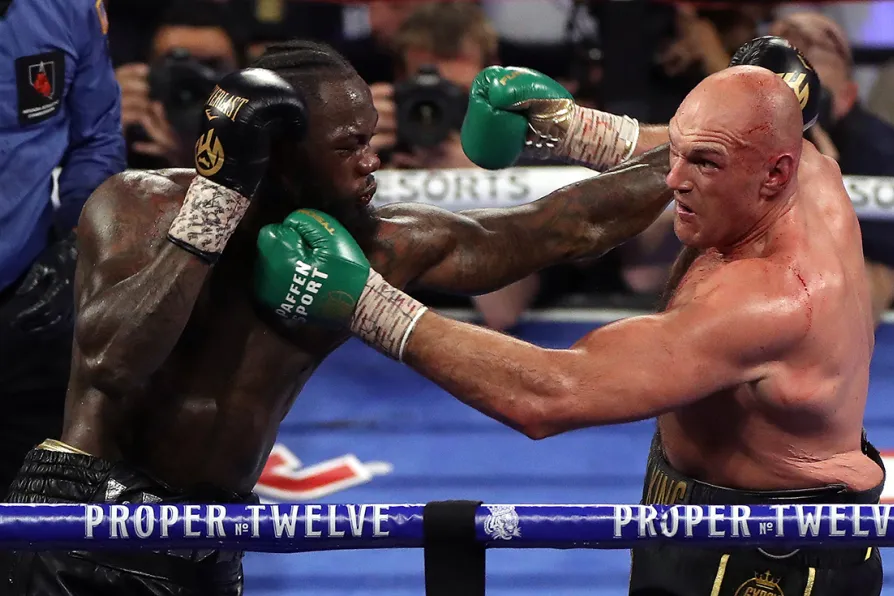The great what ifs of heavyweight boxing
The prospect of former champion Deontay Wilder returning to the ring has JOHN WIGHT hoping more greats will dust off their gloves again

 Deontay Wilder (left) and Tyson Fury in the ring in 2020
Deontay Wilder (left) and Tyson Fury in the ring in 2020
THE NEWS that former WBC heavyweight champ Deontay Wilder will be returning to the ring opens up the tantalising prospect of the Alabaman appearing in a boxing ring somewhere in Britain soon.
It also allows us to ponder the question of why heavyweight boxing in the US has declined to the extent that none of the belts currently reside there, with Wilder the last American to own one before losing it to Tyson Fury in February 2020?
Apart from Wilder, the only other American heavyweight to make the current top 10 Ring Magazine rankings is Andy Ruiz Jr.
Similar stories

JOHN WIGHT pays tribute to the late great George Foreman who defied the odds throughout his life and career to become a household name and legend of the sport












